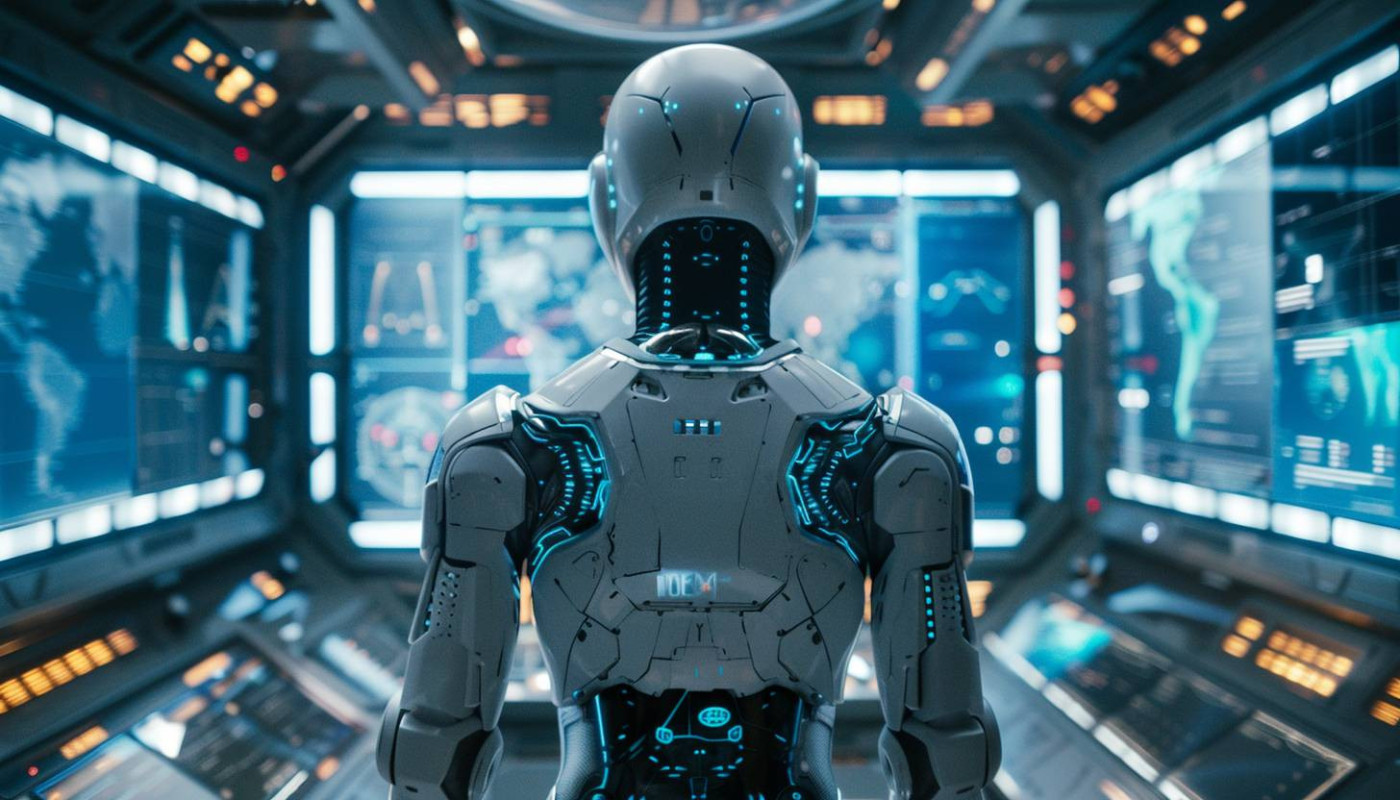Table of contents
The realm of virtual assistance is on the cusp of a revolution, fueled by advancements in voice cloning technology. This cutting-edge innovation promises to redefine our interactions with virtual assistants, making them not just tools but almost indistinguishable companions in our daily lives. As we stand at the precipice of this transformative era, let's delve into the intricate world of voice cloning and the boundless possibilities it holds for the future of human-computer interaction. This exploration beckons those with a curiosity for technology and its impact on society, inviting you to discover how voice cloning is set to enhance our virtual experiences.
The Science of Voice Cloning
At the heart of voice cloning technology lies a sophisticated form of speech synthesis that goes beyond the capabilities of traditional text-to-speech systems. Unlike standard text-to-speech, which often sounds robotic and devoid of human warmth, voice cloning strives to capture the full range of emotional resonance and individual personality within one's voice. The process is intricate, involving the analysis of vocal patterns to reproduce the unique qualities that characterize an individual’s speech.
Advanced phonetic algorithms play a pivotal role in this technology. They dissect the intricacies of speech, including tone, pitch, tempo, and inflections, which are all key to conveying nuances in human speech. Through detailed audio replication, these algorithms enable the creation of a digital voice that can not only read a script but do so with the expressiveness and intonation of the source voice.
By analyzing and synthesizing these vocal elements, voice cloning generates an audio experience that can often be indistinguishable from the original speaker. This emergent technology presents a plethora of applications, from personalizing virtual assistants to preserving the voices of those who may lose them due to medical conditions. As such, voice cloning technology stands on the forefront of a new era in human-computer interaction, where digital communication can become as nuanced and expressive as the human voice itself.
Applications of Voice Cloning
Voice cloning technology, celebrated for its pivotal role in enhancing virtual assistants, has an expansive range of applications that extend far beyond its initial purpose. In the entertainment industry, voice cloning is revolutionizing the way audiences experience media. By using speech synthesis, characters in games and animated films can have more dynamic and realistic voices, potentially even tailored to the preferences of an individual viewer. The potential of voice cloning extends into customer service, where virtual representatives can provide consistent and personalized support without the limitations of human workforce availability. This not only improves the efficiency of customer service departments but also ensures a seamless customer experience regardless of the time or demand. Moreover, voice cloning serves as a beacon of hope for individuals with speech impairments, offering them the ability to communicate using a synthesized voice that resembles their own pre-impairment speech or that of another individual. This application alone exemplifies the transformative impact of voice cloning applications across various sectors. As technology progresses, it is vital to stay informed about these advancements. For those who wish to delve deeper and explore this important site offers a wealth of information on the latest trends and applications in voice cloning, positioning itself as an indispensable resource for anyone eager to learn about the future of this field. From virtual assistants to the entertainment industry, customer service, and accessibility for those with speech impairments, voice cloning is not just a tool of convenience but a gateway to a more personalized and inclusive technological future.
Ethical Considerations and Challenges
The advent of voice cloning technology ushers in a host of ethical concerns that must be navigated with care and consideration. Central to the debate on bioethics is the principle of consent; without the explicit permission from individuals, replicating their vocal identity could lead to significant violations of privacy. This aspect of voice cloning raises the specter of misuse, particularly through the creation of deepfakes, which have the potential to deceive, defraud, and even undermine democratic processes. The challenge of technology regulation in this rapidly evolving field is substantial, as legislators and regulatory bodies must grapple with the pace of innovation and its far-reaching implications. Striking a balance between the advancement of voice cloning technology and the protection of individual rights is paramount to ensuring that this powerful tool does not become a vehicle for nefarious activities.
Improving Human-Computer Interaction
Advancements in voice cloning are poised to transform human-computer interaction, paving the way for a more seamless interface between users and digital devices. By replicating the nuances of human speech, voice cloning enhances the capability of conversational AI, allowing virtual assistants to not only understand but also respond with a depth of empathy previously unattainable in technology. This progression fosters a personable technology experience that resonates on a human level, making interactions with virtual assistants feel more like conversations with a friend than with a machine. The voice cloning benefits extend into making daily tasks effortless and creating an emotional bond between the user and the virtual assistant, elevating virtual assistant empathy to new heights. With these developments, user experience designers specializing in voice interfaces are witnessing a significant shift towards creating technology that truly speaks to the user, both literally and metaphorically.
The Road Ahead for Voice Cloning
As we peer into the horizon of technological innovation, the voice cloning future is poised for significant transformation. With the rapid advancements in neural networks and machine learning algorithms, we are on the cusp of witnessing profound breakthroughs in voice synthesis. Experts in the field, such as speech scientists and AI technology forecasters, predict a leap towards even more sophisticated and advanced voice synthesis capabilities. The expectation is that these systems will not only replicate human speech with greater accuracy but also convey emotions, regional accents, and individual speech idiosyncrasies with unprecedented precision. Innovative voice technology is expected to evolve to a point where interaction with digital assistants will become indistinguishable from human-to-human communication, both enriching user experience and opening up new avenues for content creation and personalized communication. As we venture into an era where voice cloning becomes seamlessly integrated into daily life, the ethical implications and the need for robust security measures will also take center stage, ensuring that this powerful tool is used responsibly and beneficially.







